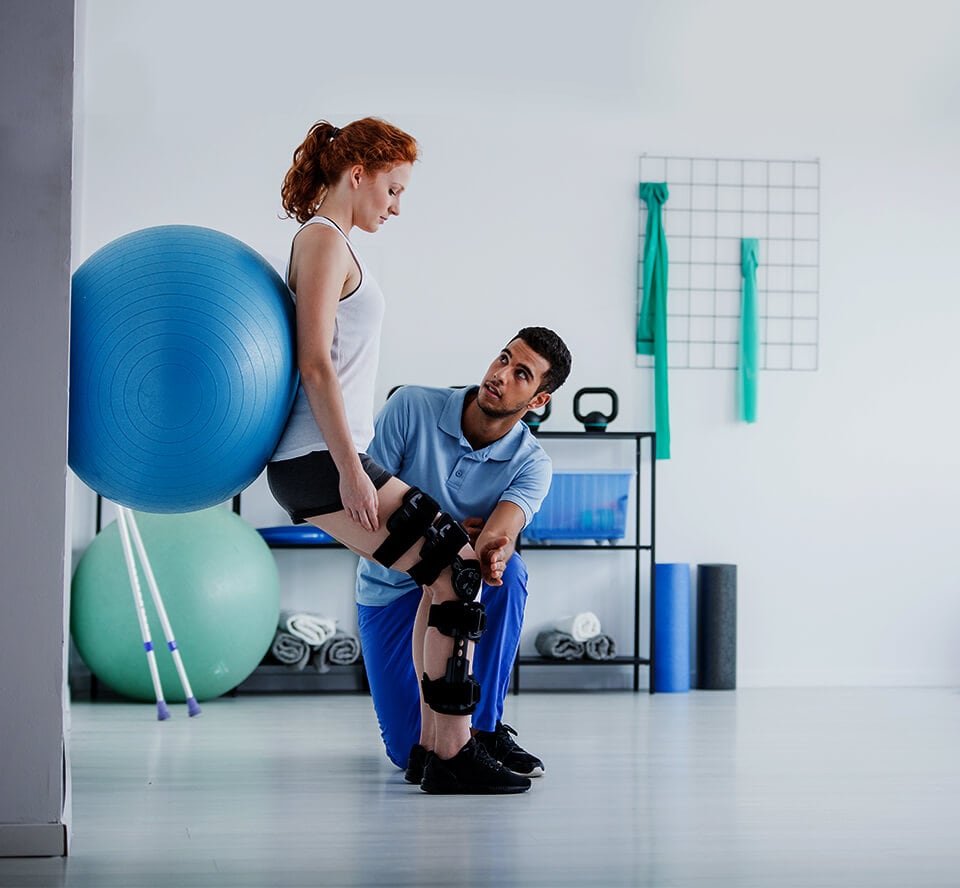Applying Psychological Toughness to Improve Outcomes in Physical Therapy
Wiki Article
Mental fortitude is an crucial attribute that can significantly enhance performance in athletic rehabilitation. Sportspeople often grapple with injuries that require time away from their activity, which can be both bodily and mentally challenging. Mental resilience refers to the ability to remain grounded and resilient in the face of adversity. It helps athletes manage the pressure of rehabilitation, stay committed on their goals, and maintain motivation throughout the rehabilitation process. By developing mental resilience, individuals can improve their recovery experience and return to their performance better prepared than before.

A single key aspect of building emotional toughness is setting realistic objectives. When athletes are injured, it is crucial for them to have well-defined, attainable benchmarks during their healing. These plans should be detailed, trackable, reachable, meaningful, and time-bound (SMART) principles. For example, instead of saying “I plan to recover soonâ€, an athlete might set a goal like “I will follow my therapy routine three times weekly for four weeksâ€. This helps patients assess their progress and keep their concentration on what they can control, reducing feelings of disappointment or hopelessness.
Another important factor in enhancing inner strength is maintaining a positive mindset. Athletes should practice encouraging inner dialogue and mental imagery practices to foster a supportive mental environment. Self-reinforcing language involves replacing defeating thoughts with affirming statements. For instance, instead of thinking “I sports performance coaching after injury can’t do thisâ€, an athlete could tell themselves “I’m getting stronger with every stepâ€. Imagery can also be beneficial; individuals can imagine themselves performing well in their activity as they heal. These practices help build self-belief and reinforce the belief that recovery is possible.
Support systems play a critical role in fostering emotional toughness during rehabilitation. Athletes should surround themselves with encouraging friends, relatives, mentors, and rehab specialists who understand the demands of rehabilitation. Open communication with these support figures allows athletes to express their thoughts, worries, and struggles. Additionally, sharing experiences with other recovering peers can provide a sense of community and understanding that makes the path easier. Knowing others have faced related obstacles can inspire hope and motivate athletes to push through.
Lastly, awareness-based methods can measurably strengthen an individual’s mental resilience during treatment. Present-moment focus involves being conscious of one’s internal dialogue and emotions without criticism. Practices such as meditation, controlled breathing, or gentle movement can rehabilitation equipment for athletes help athletes manage unease and mental strain related to their injury. By incorporating mindfulness into their regular habits, recovering individuals learn to stay present and focused on their progress, rather than dwelling on what they have missed during their time off from competition. This strategy promotes psychological balance and encourages a healthier attitude towards healing.